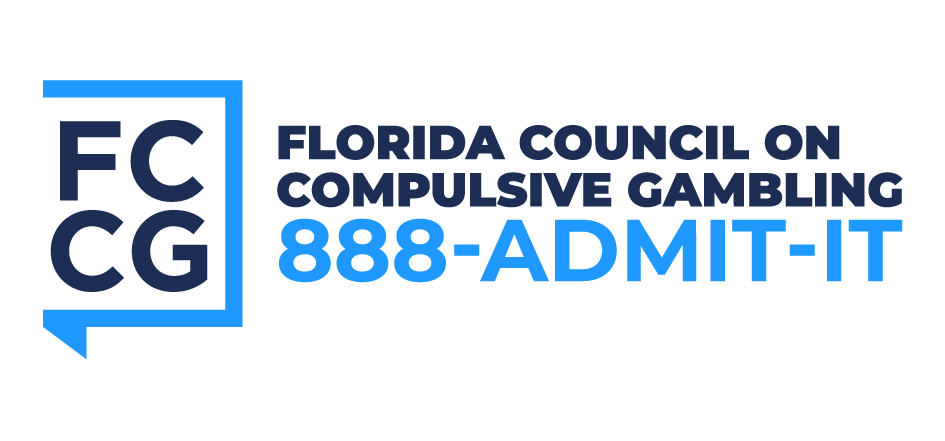How Money Smart Week Factors Into Problem Gambling Prevention
Money Smart Week is an annual awareness event designed to raise financial literacy, which, when paired with an understanding of what constitutes gambling, can help prevent the development of gambling addiction. Financial literacy is described as the education and knowledge of how money can be earned, saved, spent, and invested properly.
According to data compiled from the FCCG’s 24-hour HelpLine, in 2019-2020, a large percentage of problem gamblers are reported to have difficulty paying household bills (67%), have gambled and lost their savings (65%), and have even sold or pawned possessions to get money to continue gambling (50%, reflecting a 7% increase from the prior year’s data). The average amount of lifetime gambling losses was reported at $184,153, and a total of 25% of help seekers reported gambling losses of $150,000 or more, 10% reported losses of $500,000 or more, and 5% cited losses greater than $1,000,000. Meanwhile, only 3% of HelpLine callers reported an income of $150,000 or greater for the gambler [1]. It’s easy to see how sound money management is not possible when a gambling addiction is present.
Though the majority of people can gamble safely as a form of recreation, for some, it becomes an addiction affecting nearly all facets of life. Gambling addiction does not discriminate and affects people across all ages, ethnicities, income/education levels, and financial situations, causing financial problems, family conflict and neglect, legal problems, mental health issues, and even suicidal ideation and attempts, among other impacts.
The good news is that problem gambling is preventable. Though it is never too late in life to develop financial literacy, it is particularly impactful for preventing the development of problem gambling in adulthood, when these lessons are imparted during youth. It is also important to understand the definition of gambling and be able to recognize it: the act of risking anything of value on an event with an uncertain outcome.
Anyone can register for and attend free financial literacy education webinars during Money Smart Week from April 10-17, 2021. To learn more, visit moneysmart.org. The Florida Council for Compulsive Gambling also offers tools and resources for prevention, education, and awareness through the 888-ADMIT-IT Problem Gambling HelpLine. Did you know that Florida community organizations, schools, and others can contact the HelpLine to learn more and request materials for use with the populations they serve?
Don’t wait until you’re in debt because of gambling. Seek help if you think you or a loved one may have a gambling problem.
The Florida Council of Compulsive Gambling has the resources necessary to help guide those suffering from problem gambling into recovery through its 24/7, Confidential, and Multilingual 888-ADMIT-IT Problem Gambling HelpLine. The FCCG’S 24-hour confidential and multilingual HelpLine may be reached by calling 888-ADMIT-IT (888-236-4848), texting (321) 978-0555, emailing fccg@gamblinghelp.org, initiating a live chat at gamblinghelp.org, or by reaching out to us on social media platforms, such as Facebook and Twitter.
[1] Compiled from FY 2019-2020 Florida Council on Compulsive Gambling 888-ADMIT-IT HelpLine data (2021). The Florida Council on Compulsive Gambling.

